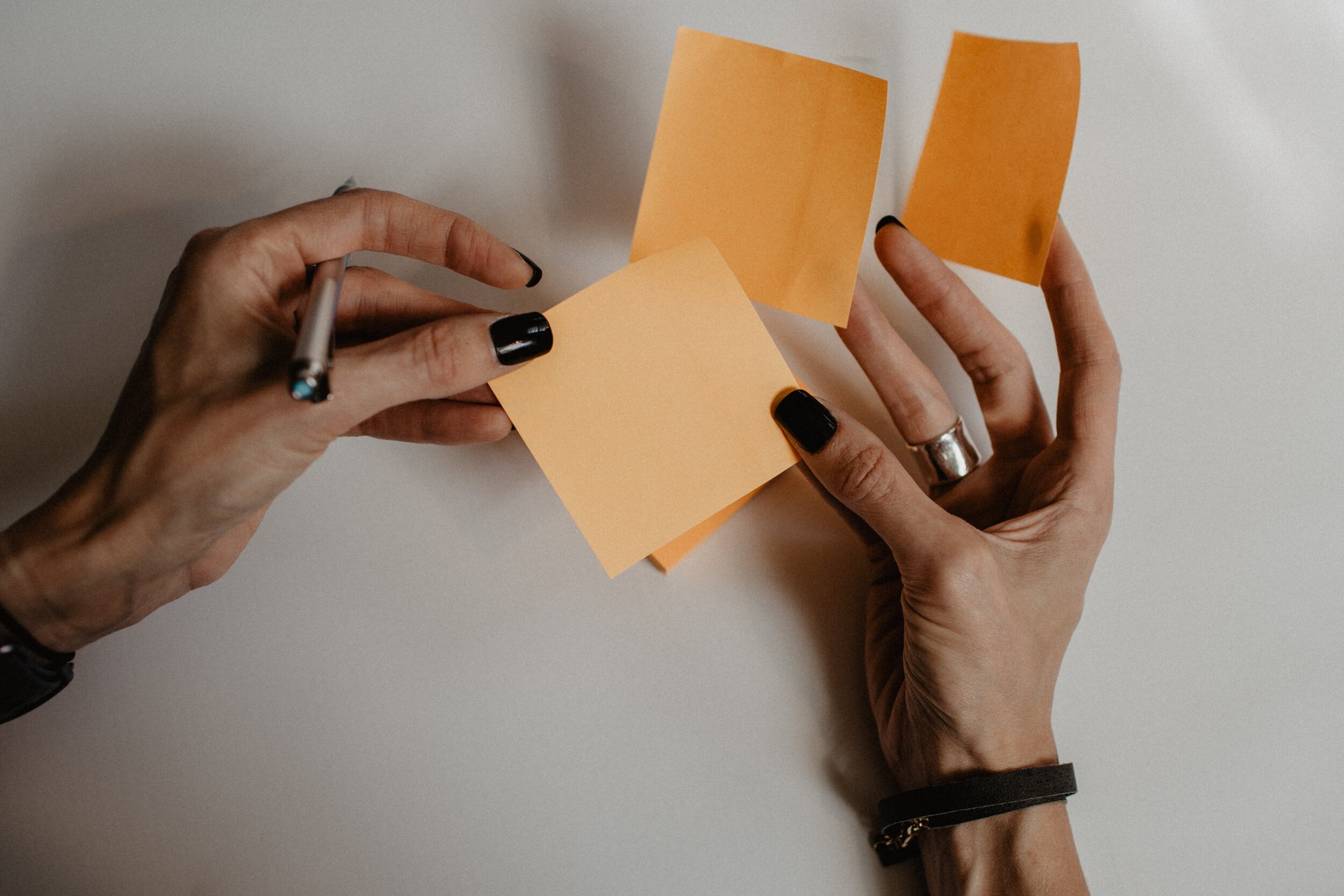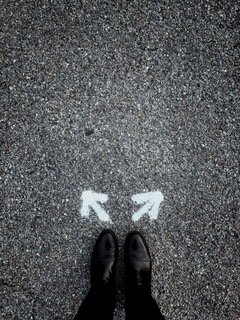How Intuition Helps Us Make Our Best Decisions It’s Not All Woo-Woo

“There is a voice that doesn’t use words. Listen.”
This quote by 13th-century Persian poet Rumi speaks to the intelligence of our “second brain,” located in our gut.
How is it possible to “think” with our gut? The intestinal nervous system is a network of 500 million neurons (more than the spinal cord) that line the entire digestive track. “It causes the sensation of nervous butterflies or a pit in your stomach that are innate parts of the psychological stress response.” (Richard E. Cytowic, M.D., in “Psychology Today”).
Up to 90 percent of these neurons carry information to the brain, making our gut very influential, if we’re attuned to these messages. Therefore, our bodies are not just vehicles to carry our heads around. Our bodies are actually intelligence centers of our inherent wisdom.
In today’s data-driven society, we often ignore a gut feeling, because intuition is something that we know but we can’t justify. Yet, these gut feelings often lead to our best decisions.
If you want to hone your intuition, check out these three practices:
1. Listen to your gut. Literally.
Suppose you’re considering promoting one of two people in your workplace. As you interview each person, consciously listen with your mind and your gut. Notice the physical sensations you have as you listen to each person. Do you feel tense or uptight, queasy or drained? Or do you feel at ease, open and comfortable?
These sensations are telling you something. Pay attention.
2. Use your whole body.
You can bring your whole body to the decision-making process. If you have narrowed your choice to two viable options, try this exercise:
In this example, you will either stay with your current job or you will go out on your own. You have already written the pros and cons of each option, and you’re still not sure what to do.
Select two rooms in your home, preferably rooms that connect via a central hallway. One room will represent, “I will stay at my job.” The other room will represent, “I will go out on my own.”
To begin the exercise, stand in the central hallway and ground yourself with three deep breaths. When your mind and body are clear, walk into the room designated as “I will stay at my job.” Begin to notice the physical sensations that arise as you consider taking this career path. Do you feel tension? Or has a weight been lifted?
When you’ve sensed what your body is saying, return to the central hallway and re-center yourself.
Now walk into the room of “I will go out on my own.” Notice these body sensations. What feels different to you in your heart and body as you consider going with this decision?
In each space, let the intuitive knowing come through your body. There may be a sense of ease or unease with each career path. What is your body telling you?
3. Set yourself up to receive the message.
Designated time for reflection helps to clear a cluttered mind. A daily walk or a brief meditation creates an environment for us to be present to ourselves.
Intuition strikes in a flash. It’s that moment when we have an insight or idea that suddenly appears out of nowhere. When the flash of insight hits, write it down. We may think we’ll remember but we often don’t.
Most importantly, when it comes to honing our intuition, it’s all about tapping into the wisdom of our bodies. Remember: Sometimes it’s the body that is the teacher and the mind that is the student.






